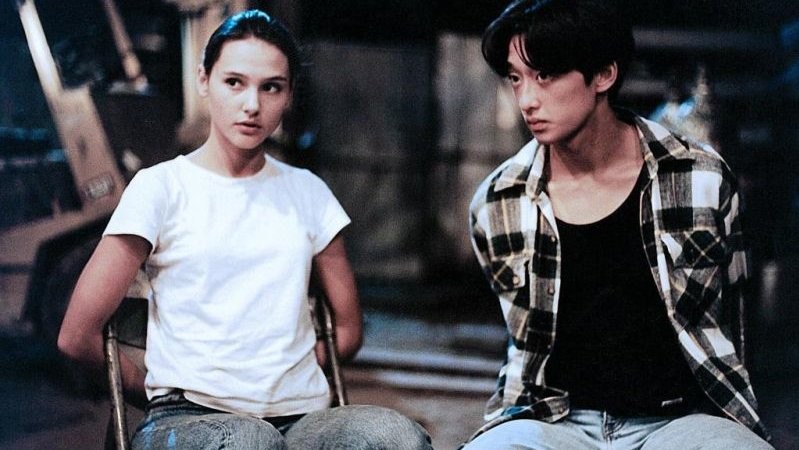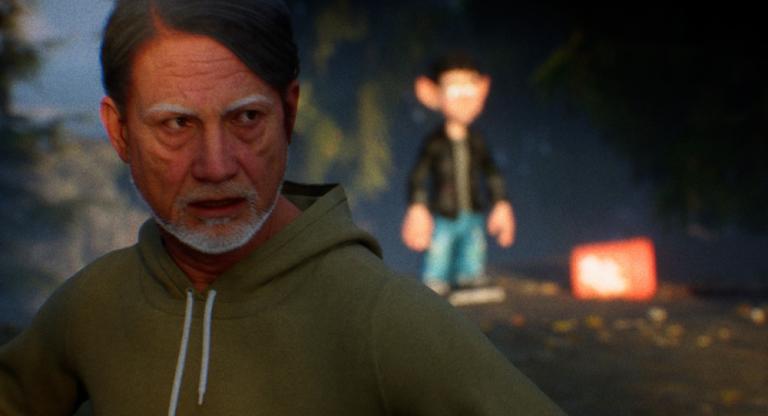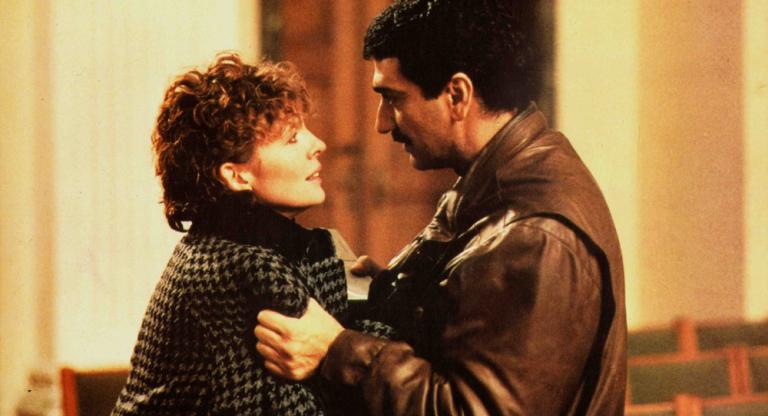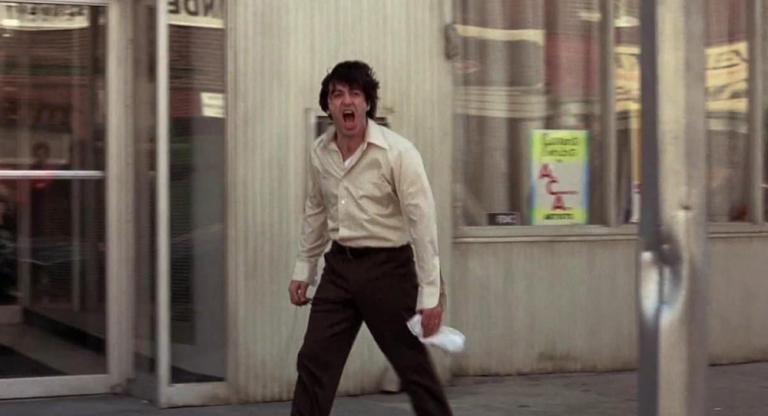Edward Yang’s often maligned penultimate film, Mahjong (1996), trades his beloved quiet realism for comedic melodrama: women wail, cars crash, arguments escalate without real reason. Guns are pointed and, of course, eventually shot. About halfway through the film, when arguing with his father, Red Fish (Tsung Sheng Tang) demands to know if the old man thinks he’s an actor in a soap opera, a question that could be wielded at all the bemused foreigners and locals who populate Yang’s Taipei. Everyone wants something from each other, but no one knows what they want. So they gather in nightclubs, crowded streets, and seemingly vacant apartments, always trying to upsell while suppressing a smile.
Mahjong follows a quadrant of young men as they scam other hustlers, to varying degrees of success, while evading the thugs out for Red Fish’s father, a debt-ridden entrepreneur and mogul of private preschools. Red Fish’s gang—to make liberal use of the term—includes a soft-spoken gigolo named Hong Kong (Chang Chen); the false prophet and feng-shui advisor Little Buddha (Chi-tsan Wang), whose superstitions hedge an old-world mentality in a new-money city; and the thoughtful but stoic Luen Luen (Lawrence Ko), who falls for the charmingly French newcomer, Marthe (Virginie Ledoyen). Although the film opens with a sleepy car chase and tracks Red Fish’s frustration with his family for the target on his back, Yang appears less invested in this singular storyline than the kaleidoscopic hodgepodge of sympathetic fools just trying to make it.
Despite the tonal departure, Yang’s familiar themes resurface. The East-meets-West motif is almost too conspicuous: a large American flag, the Hard Rock café emblem, an auspicious football sat atop a television set. Ever the auteur of architecture, Yang weaves between crowded streets and empty domestic spaces, reinforcing a sense of alienation and distrust amidst the vibrant city lights. And what of the future? “You know, in ten years this place will be the center of the world,” Marthe’s seedy ex-lover Markus (Nick Erickson) says of Taipei toward the end of the film in a characteristically uncomfortable voiceover.
Most interesting is the tension between the public and private, the impossibility of individual relationships within networks of belonging that, while haphazard, are the backbone of film. Characters attempt to act in their own interest and yet repeatedly everything is shared: lovers, spoils, culpability for one’s debts. It is this reinforcement of familial bonds under the cataclysmic pressures of capitalism that links Mahjong to the other films in Yang’s Taipei trilogy, A Confucian Confusion (1994) and Yi Yi (2000). Despite the outlandishness of the violence and exaggerated performances, this tenderness prevails.
Mahjong screens tonight, December 23, and through January 7, at Film at Lincoln Center, the premiere of a new digital restoration, as part of “Desires/Expectations: The Films of Edward Yang.”



